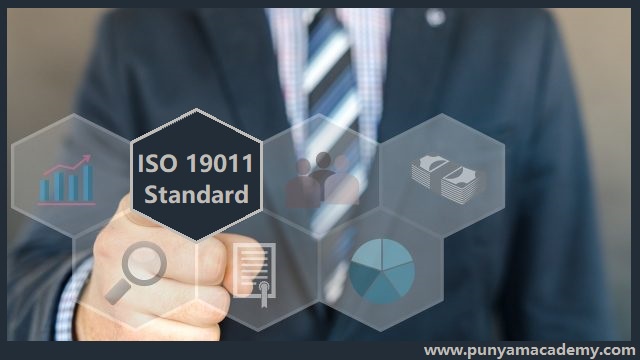The international standard ISO 19011 is used to audit management systems. The standard outlines the eight auditing principles and offers recommendations for managing audit programs and carrying out audits, as well as guidelines for determining a person's level of competency. Details on conducting on-site and remote audits are included in the appendix as well. An ISO auditing standard has been developed to help, offer, and maintain guidance for firms conducting their first, second, or third-party management system audits. This is the ISO 19011 standard.
It's critical to realize that this standard serves as a reference for auditing principles rather than merely defining how an audit is carried out. This updated version of ISO 19011 uses an expanded and more flexible approach, making it suitable for different auditing scenarios. We will learn more about the features and some of the major changes of this new standard version in this article.
What is the objective of ISO 19011:2018?
The normative reference for the use of audits is ISO 19011, which is a standard that regulates auditing practices. It is a method of offering management advice for the audit program, as well as on how to assess an auditor's skills and the abilities of the audit team.
Even if it includes an approach that manages to be comprehensive enough to be used as a reference and a guide for the work of seasoned auditors, ISO 19011:2018 stands out. The internal audit process is facilitated and made more efficient by this standard's ability to be in line with the ideas of multiple others.
Companies place a high value on auditing procedures, and having a standard that can be used in these situations can substantially enhance the routine and streamline the entire process. Along with making the procedure far more expert. With the help of this standard, businesses and auditors can approach processes more comprehensively, particularly in those with several integrated management systems. It is the best way to stay in compliance throughout audit times, making sure that processes, services, and products adhere to the rules and specifications.
All the individual audits needed to ensure compliance with organizational and regulatory duties can be completed with the help of an audit management program. An international standard known as ISO 19011:2018 lays out procedures for managing systems audits. The standard provides advice on how to manage an audit program, auditing principles, and how to evaluate the people in charge of managing the audit programs.
The ISO 19011:2018 standard also guides how to manage audit program improvements methodically, as is expected of other business sectors. The objectives of the audit program should be in line with those of the management system as well as the legal requirements, which include ISO 19011 auditor training, ISO 19011 documentation, defining the roles and duties, and much more. Also, the emphasis on risk factors that penetrates ISO 19011:2018's audit program management section is a subject that is becoming more and more important in auditing management systems and business in general.
ISO 19011 provides instructions on how to audit a management system or audit program at each stage, including:
- Essential program objectives
- Ensuring individuals understand the specific objectives they hope to achieve
- Making audit arrangements
- Conveying roles and responsibilities
- Defining the number, scope, location, and duration of audits
- Defining criteria and specific checklists
- Establishing evaluation procedures
- Completing the audits needed
- Planning and reviewing internal documents
- Collecting and verifying audit evidence
- Generating findings and preparing reports
- Communicating results
- Studying the results and process
- Assessing outcomes and trends
- Conforming with audit program measures
- Creating the requirements and expectations of interested parties
- Analysing audit program records
- Investigative the effectiveness of the measures to address risks
- Confirming confidentiality and information security


No comments yet